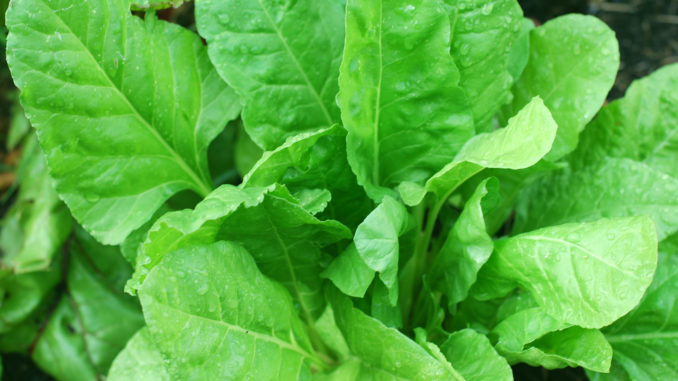
Vitamin K is important to the body because it helps with blood clotting and helps to build strong bones, in addition to protecting the heart as well.
For anyone who needs to increase the amount of Vitamin K that they consume, several different food sources are high in Vitamin K that you can include in your regular balanced diet.
What is Vitamin K?
At least two forms of Vitamin K occur naturally. These forms of Vitamin K have been identified as Vitamins K1 and Vitamin K2. Both forms of Vitamin K are a derivative of quinone.
Vitamin K is a fat-soluble vitamin and both microbial and dietary Vitamin K are absorbed into the lymph system, as are other lipids. When a woman is pregnant, the baby gets the Vitamin K that he or she needs from the mother through transplacental transfer.
Vitamin K Deficiency
Vitamin K is an extremely important nutrient that works to mediate both anticoagulation and coagulation. If you do not have enough Vitamin K in your body, there is a chance you could suffer from a condition that causes excessive bleeding.
A number of different factors can cause deficiencies in Vitamin K, as well as the hemorrhagic disease that results from the deficiency. For example, the liver is responsible for synthesizing the bile acids and secreting them over into the small intestines to aid in the absorption of lipids.
Liver disease causes a decrease in bile salt synthesis, leading to impaired absorption and Vitamin K deficiency. In addition, intestinal disease results in the poor absorption of lipids in the small intestines, which leads to defective Vitamin K absorption.
In newborn babies born with hemorrhagic disease the condition is caused from a Vitamin K deficiency. This disease can lead to severe permanent damage or even death. When a baby is born, the liver has practically no reserves of Vitamin K.
The inability to absorb the nutrient properly can lead to hemorrhagic disease. Several infants are given Vitamin K supplements to prevent this affliction.
The lack of adequate amounts of Vitamin K can lead to an increase in the risk for reduced bone density or bone fractures. Vitamin K is needed for the production of bone proteins, including osteocalcin. A great number of clinical tests have been conducted in support of the theory that Vitamin K enhances the integrity of the bones in the body.
The Best Food Sources of Vitamin K
Even though Vitamin K is fat-soluble, very little of it is actually stored in the body. Without regular dietary intake, the Vitamin K stores in the body are quickly depleted.
Vitamin K is present in a number of different food sources, such as leafy greens, liver and cauliflower.
- Asparagus
- Beet greens
- Broccoli
- Brussels sprouts
- Cabbage
- Celery
- Coleslaw
- Collard greens
- Cow peas
- Cucumber
- Dandelion greens
- Endive
- Kale
- Lettuce
- Mustard greens
- Noodles
- Okra
- Onions
- Parsley
- Peas
- Pie crust
- Plums
- Rhubarb
- Sauerkraut
- Soy beans
- Spinach
- Strawberries
- Turnip greens
- Wheat bran
- Wheat germ
Vitamin K is one of the most important nutrients that you need to ensure overall good health. By including any or all of the foods high in Vitamin K that are listed above, you are taking effective steps toward giving your body everything it needs in order to stay healthy.

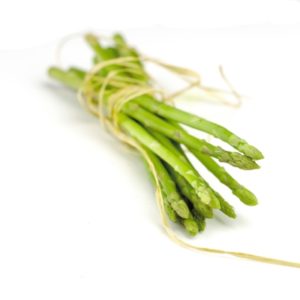
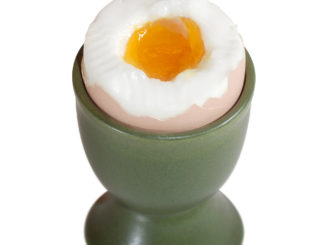
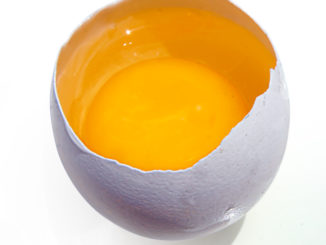
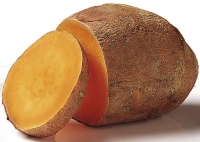
I have spent the last two decades trying to get an answer from my doctor as to why I bruise so easily. I even have what I call spontaneous bruising where I feel a sharp pain as though someone has pricked me with a pin. when I look I can see the bleeding below the skin although nothing has touched the spot. One of my sons died shortly after birth from blood problems, not explained at the time but later linked with the anticonvulsants I still take.
Why on earth in the last 30 years has no-one even mentioned Vit K deficiency?